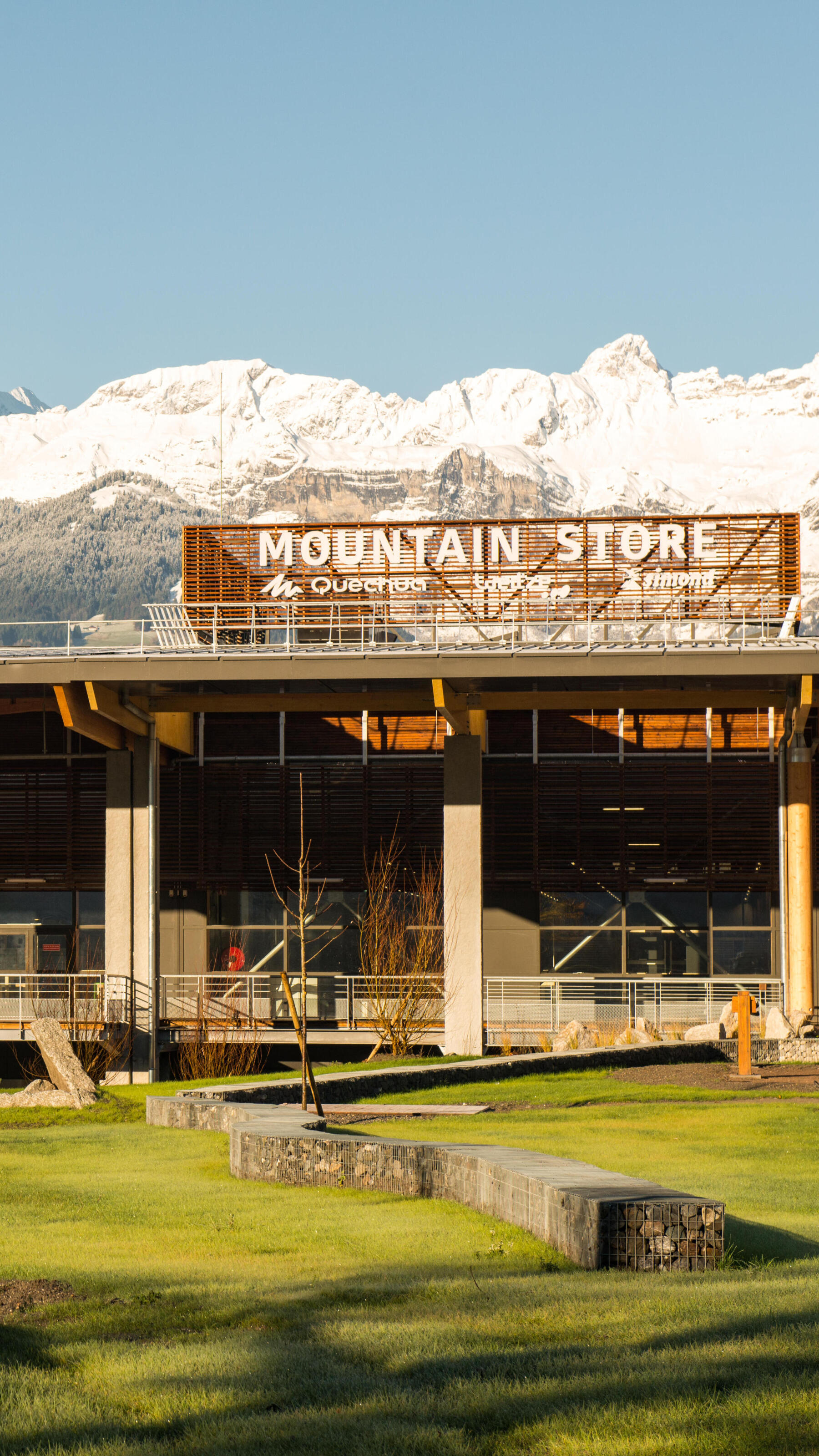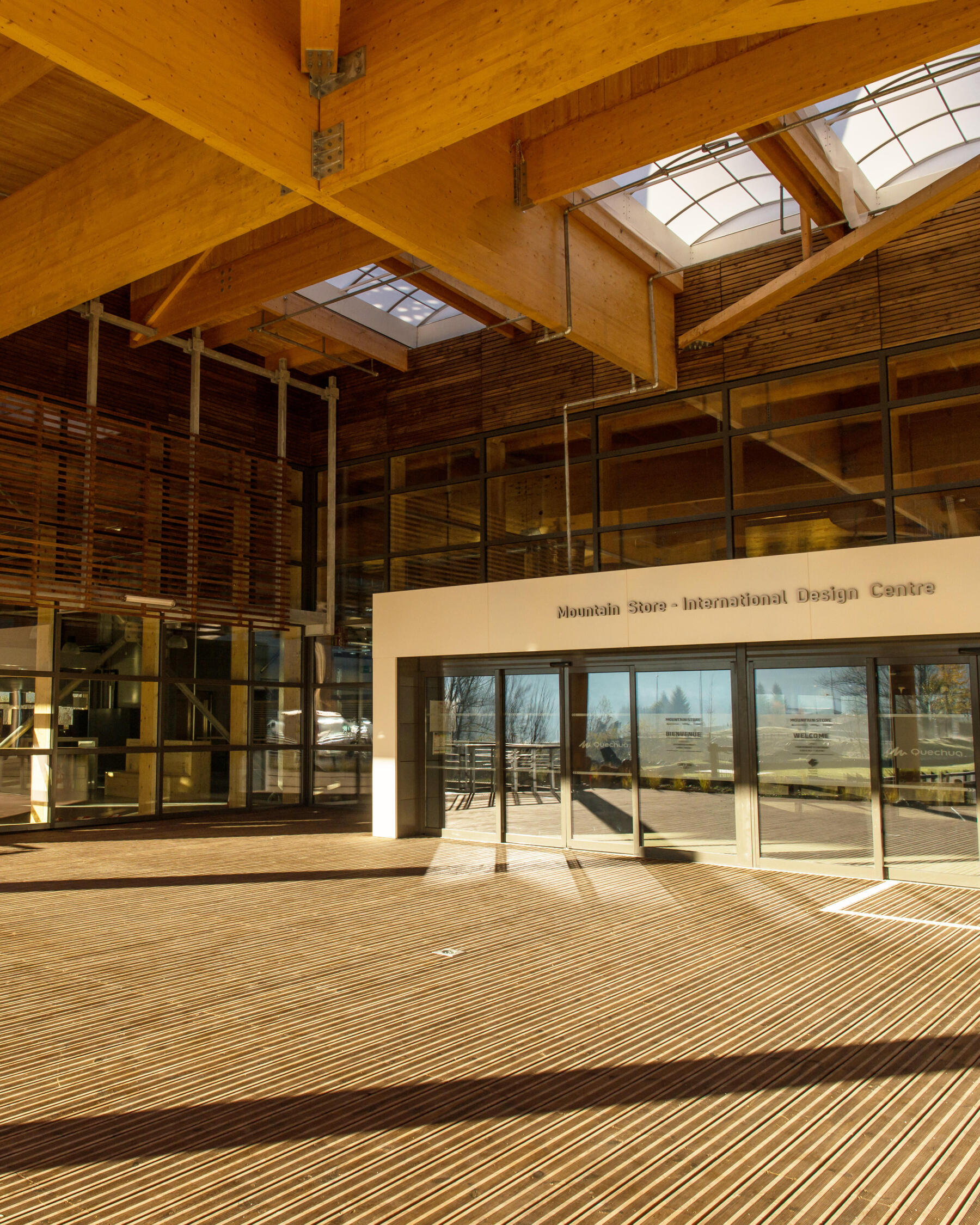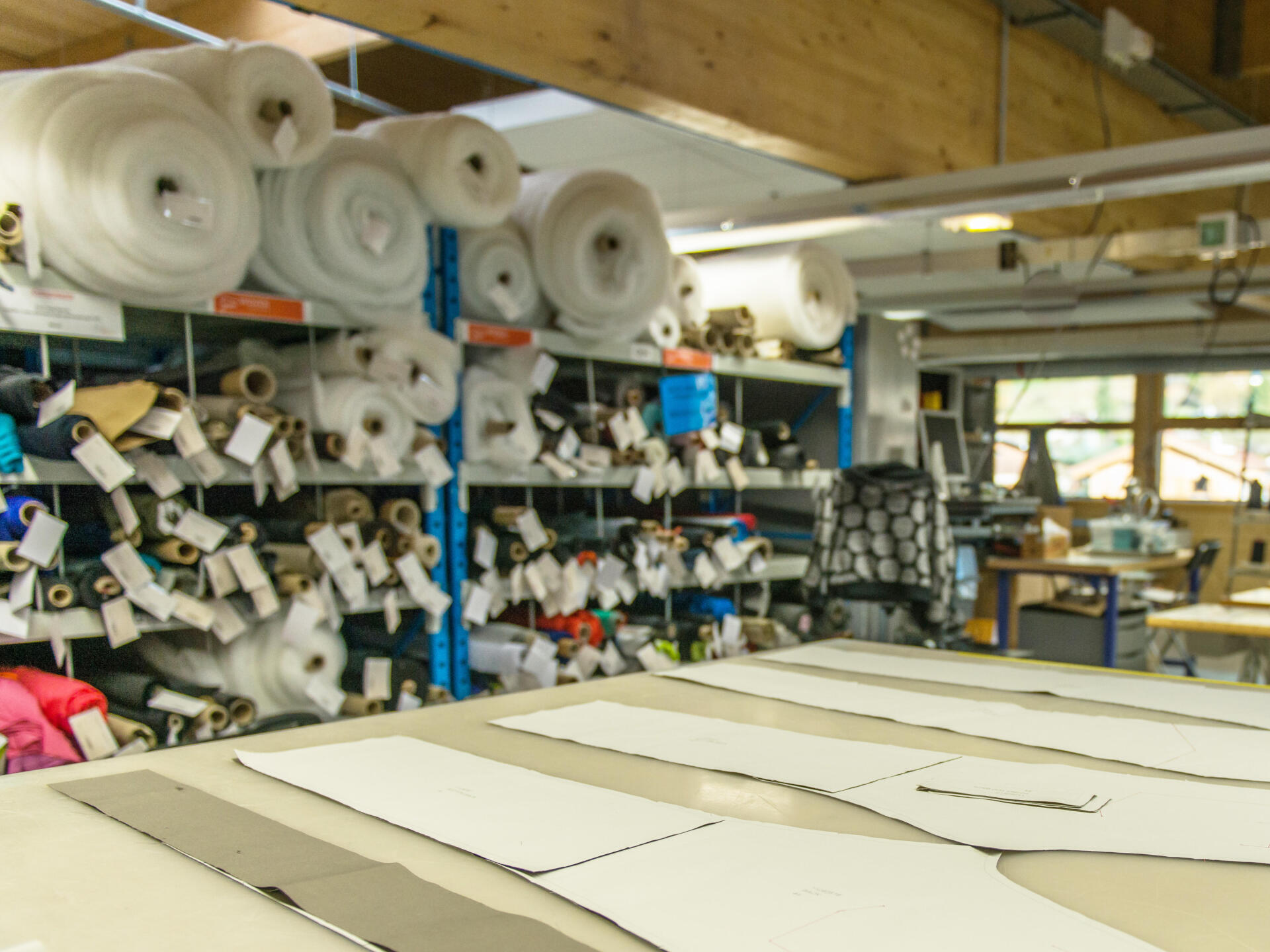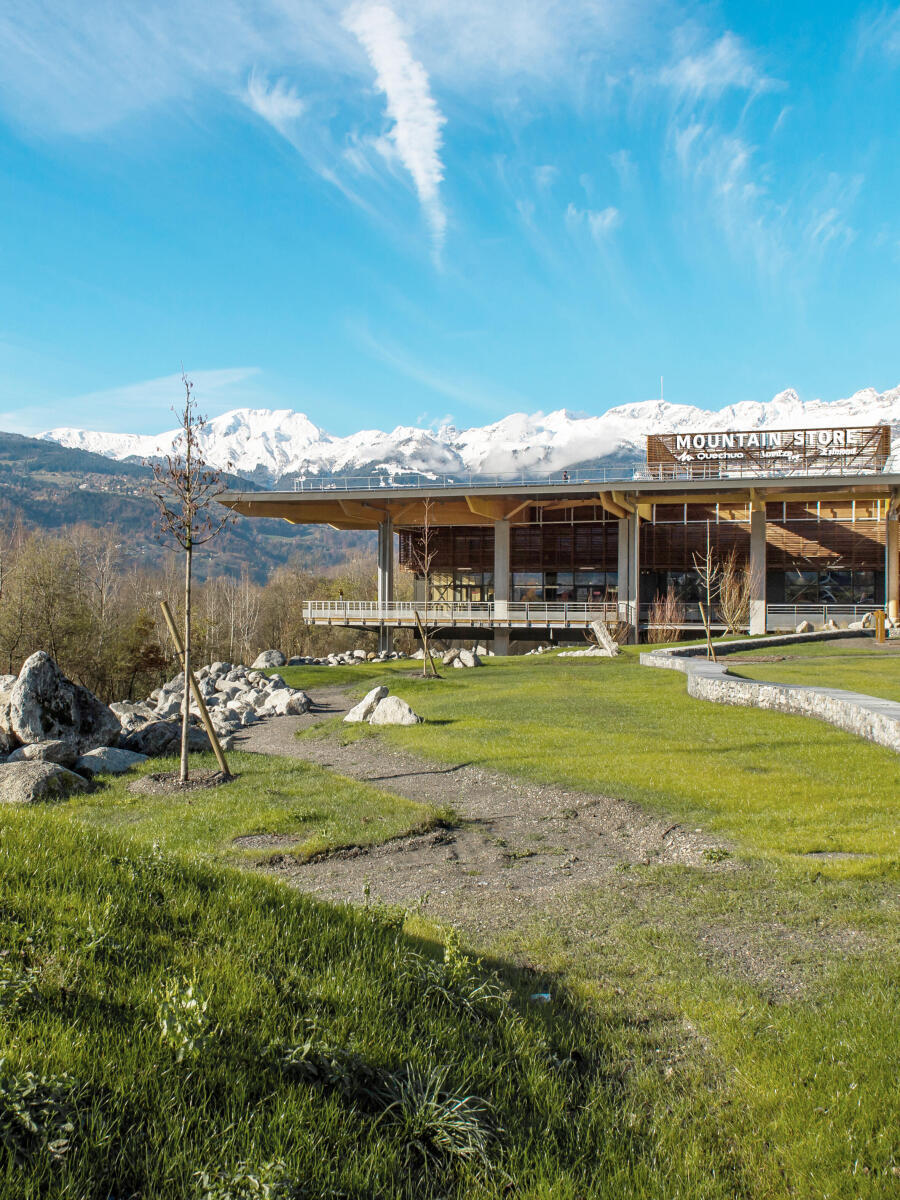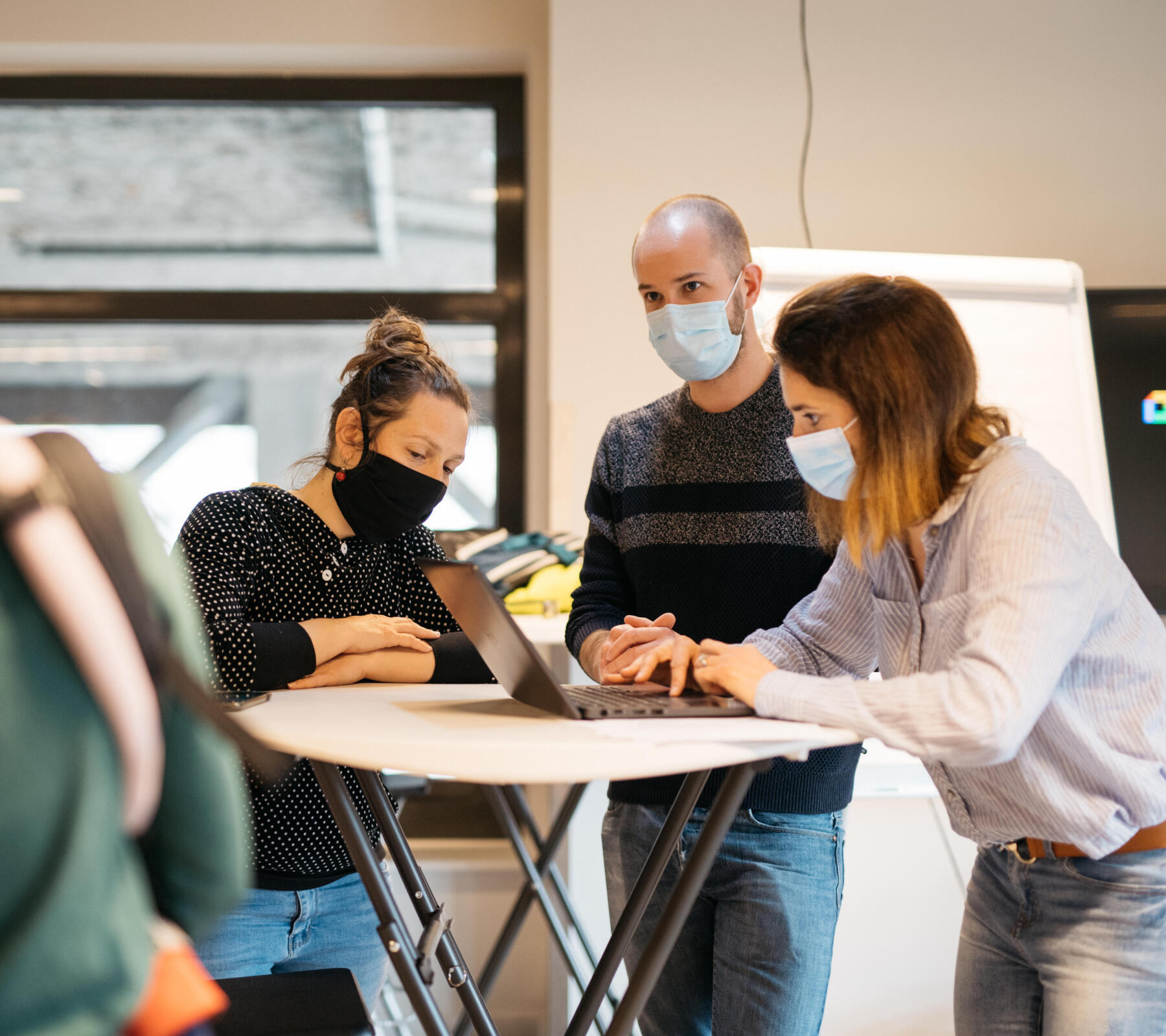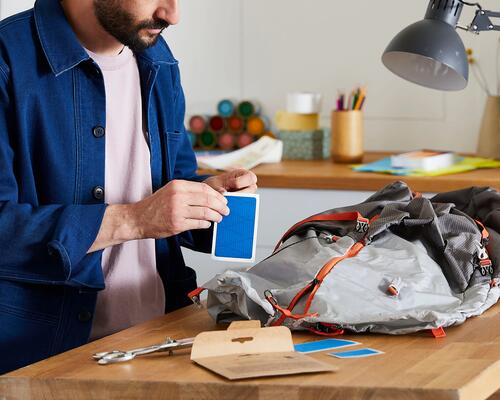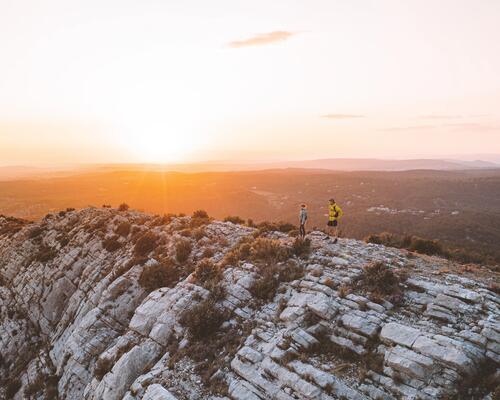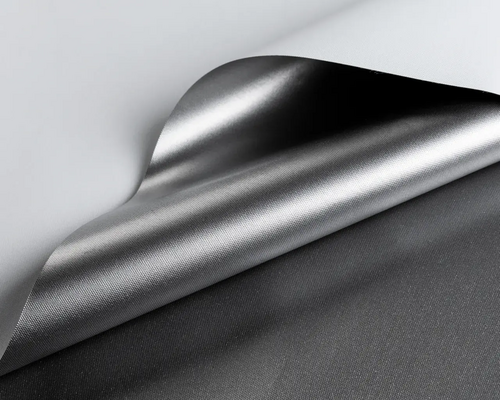An idyllic location at the foot of mont-blanc
Since November 2014, this is where we find our inspiration to develop our Quechua products designed for hiking and camping.
We put down our bags and our tents in specially built premises in France (Passy more precisely) at the foot of the Mont-Blanc.
More than 400 people work for outdoor sports enthusiasts in our international design centre, the « Mountain Store »:a
15 000m2 building built on a plot of over 50 000m2.
It is a real ecosystem that harmoniously combines all our professions and our teams but also the other teams of the Decathlon group at the service of the mountain, of those who love it and practice it (Forclaz, Wedze and Inovik).
Our international design centre occupies a strategic location close to the mountains and outdoor activities, but this place is also a real "Swiss Army knife" of design and research.
There are industrial prototyping workshops and all the power of an environment that benefits from ultra-modern and cutting-edge, sometimes unique, tools.
A pool of enthusiasts and technicians who use them to create and improve our products.
Beyond the practical and logistical side, the location of the Mountain Store allows our development teams (pattern makers, engineers, designers, product managers...) to be in direct contact with nature.
We're always on the move, whether inside or around the office!
We are lucky enough to be able to go regularly outdoors in order to guarantee the products in all conditions:
From slippery paths to sunny pastures, from damp undergrowth to arid scree.
Lakes, forests, torrents, trails and paths, all the diversity of outdoor sports is within our reach!

